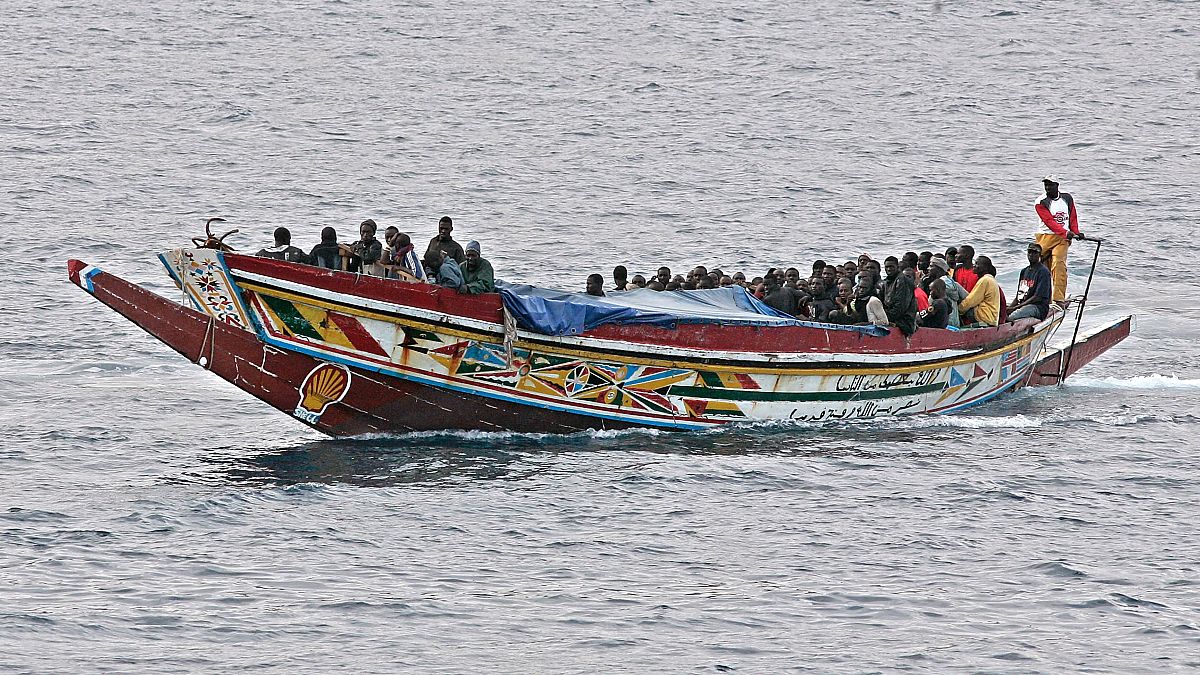The Canary Islands, located off the coast of Spain, have been experiencing a significant increase in migrants arriving from Africa, leading to what is perceived as a crisis by the local government. According to the Government spokesperson, Alfonso Cabello, there has been a 126% increase in small boats arriving from Africa compared to last year, with over 22,300 migrants arriving in the Canaries since the beginning of the year. The situation has become dire, with one person dying every 45 minutes on the Atlantic crossing.
In response to the escalating crisis, the Canary Islands have formally invited European Commission President Ursula von der Leyen to visit the region and witness the situation firsthand. Cabello stressed the urgent need for EU involvement, stating that Europe must look again at its southern border and take action to address the crisis. The presence of von der Leyen would be seen as a symbol of the EU’s commitment to the Canary Islands and their plight.
The migrants arriving in the Canary Islands mainly come from countries such as Mali, Morocco, Senegal, Gambia, and Mauritania. They risk their lives on dangerous sea crossings due to factors such as severe poverty, lack of opportunities, persecution, and conflict in their home countries. To address the root causes of migration, experts advocate for shifting the focus from criminal networks to facilitating visa access and creating more humane migration policies.
The situation is further exacerbated by the arrival of unaccompanied minors, who face additional challenges in the relocation process. The Canary Islands currently care for over 6,000 minors, with local resources stretched thin. The President of the Canary Islands, Fernando Clavijo, has called for increased support from the EU and other parts of Spain to help manage the growing number of migrants on the islands.
Spanish Prime Minister Pedro Sánchez is also taking action to address the migration crisis by visiting source countries in West Africa to address the root causes of migration. The goal is to create effective integration projects for migrants and comprehensive policies in their countries of origin to prevent further mass exodus. The crisis has drawn attention to the urgent need for international cooperation and support to manage the influx of migrants to the Canary Islands.
The Canary Islands’ call for EU involvement in the migration crisis reflects a broader issue of migration management and humanitarian concern. By inviting European Commission President von der Leyen to witness the situation firsthand, the Canary Islands hope to draw attention to the urgent need for action to address the root causes of migration and support the integration of migrants into their communities. With continued efforts and cooperation, it is hoped that the migration crisis in the Canary Islands can be effectively managed to ensure the safety and well-being of all those involved.









